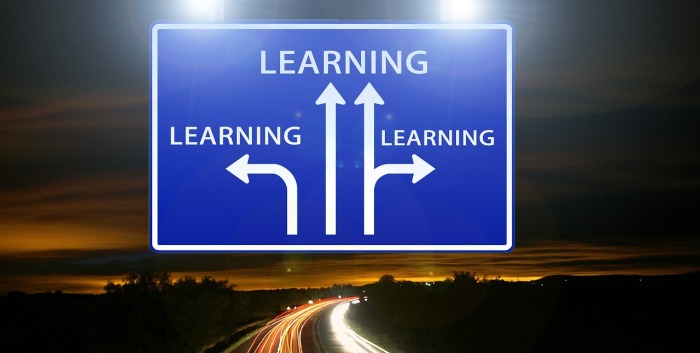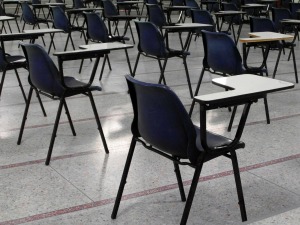I am a believer…a believer in Flashcards! As the semester moves along and I see my students studying for exams I decided to revisit a topic I talked about a few months ago–the power of flashcards. I will present some information that I posted earlier, but I wanted to add some data to show how effective flashcards can be for your studying.
 Flashcards have a interesting reputation. On the one hand they are typically viewed as a tool for young children who are learning basic arithmetic. A child reads 2 + 2 on the front of a card and then must come up with the answer. They check their accuracy by looking on the back of the card. On the other hand, my own research has shown that flashcards really have no age limits and that flashcards are especially useful for college students. If you need to study a large amount of information and you are going to be asked specific questions (e.g., multiple-choice exams) flashcards are an ideal way to study. As I said in my earlier post, whether it is learning chemical symbols, psychological terms, or historical events flashcards work!
Flashcards have a interesting reputation. On the one hand they are typically viewed as a tool for young children who are learning basic arithmetic. A child reads 2 + 2 on the front of a card and then must come up with the answer. They check their accuracy by looking on the back of the card. On the other hand, my own research has shown that flashcards really have no age limits and that flashcards are especially useful for college students. If you need to study a large amount of information and you are going to be asked specific questions (e.g., multiple-choice exams) flashcards are an ideal way to study. As I said in my earlier post, whether it is learning chemical symbols, psychological terms, or historical events flashcards work!
Here is a short description of my research showing the effectiveness of flashcards. I did a study a few years ago that was published in Teaching of Psychology. I surveyed students in my Intro to Psychology class—there were 415 students in the class. I found that 141 used flashcards on all exams. Most of these flashcard users had written flashcards that they made themselves on 3×5 cards instead of using online flashcard sites like Quizlet.(I should note that I have seen many more students using online sites in just the few years since I published my research.) The results showed that students who used flashcards on all exams had significantly higher scores overall than those who did not use flashcards on all three exams. My survey also found that about 75% of my students used flashcards in any of their classes, especially in Natural Science courses like Chemistry and Biology.

Flashcards work for various reasons. A few specific things flashcards make you do is (a) distribute your studying over time, which has been shown to lead to better memory; (b) be an active participant in your studying; (c) manage your study time effectively; and (d) make your studying more like the exam you will be taking. With this in mind, here are my pointers on making and using flashcards. I will add that I made a video that can give you a start to helping you make flashcards:
1) make flashcards after each class; typically, everything in your notes should be on a card
2) be brief on each flashcard (more like exam itself)
3) as you write (or type) each flashcard, you should pay attention and learn the information on the card
4) after making the flashcards, shuffle them–it is rare to be tested on information in sequential order
5) test yourself using the flashcards right after you make cards
6) when you test yourself, put each tested flashcard in a pile of “Know” or “Don’t Know”
7) Go back over the “Don’t Know” pile until you can answer each flashcard correctly
8) After each lecture make new flashcards, add them to your old flashcards, shuffle the deck and then test yourself as before
If you follow the steps I described above (and in the video) I think you will find that using flashcards can really help you out in those courses that lend themselves to this type of study strategy.
